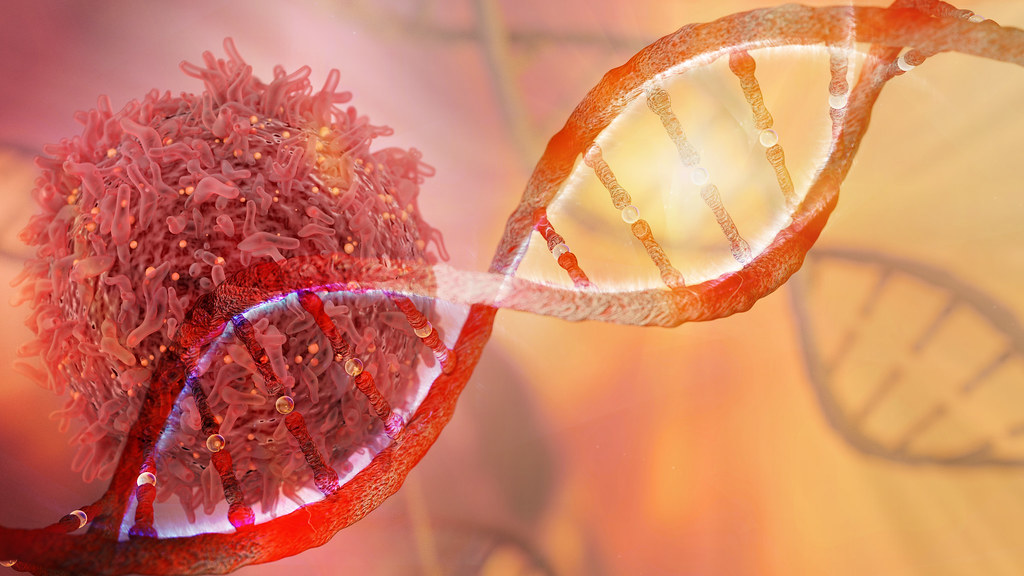In this research area, we aim to define the biology behind the differences between normal cells and cancer cells. We want to understand the basic mechanisms that drive the development and behaviour of tumours. Cancer Research at Bath (CR@B) members study various cancer types, including cancers of the breast, prostate, brain, ovary, pancreas and skin.
Three key topics we study at the University of Bath:
Cancer cell signalling
Our research labs study how cancer cells communicate with each other and their environment. Understanding signal pathways that regulate how cancer cells multiply, move, survive and differentiate is key to anti-cancer drug discovery.
Research groups: Ute Jungwirth, Gernot Walko, Maria Niklison-Chirou, David Tosh, Julia Sero, Banafshe Larijani (CTI) and Randy Mrsny (Department of Life Sciences).
Cancer genetics and epigenetics
Several groups at the University of Bath study the cellular mechanisms that alter gene activity without changing the DNA sequence. Epigenetic changes are found in all human cancers and are important drivers of cancer biology and drug responses.
Epigenetic mechanisms include modifications attached to DNA or the histone proteins that package DNA in the cell, as well as non-coding RNAs, which are functional RNA molecules transcribed from DNA but not translated into proteins. Non-coding RNAs regulate gene expression at the transcriptional and post-transcriptional level.
Research groups: Adele Murrell, Keith Vance and Mark Lindsay (Department of Life Sciences).
Tumour-stroma interactions
The tumour microenvironment is the local biological environment where tumour cells exist in the body. It's made up of tumour cells, stromal cells and immune cells. These can communicate with cancer cells and inhibit or promote tumour progression, metastases and therapy response.
Research groups: Ute Jungwirth, Mark Lindsay, (Department of Life Sciences), John Campbell (Department of Health).
